Gender Implications of Tribal Customary Law: The Case of North-East India
This book has to be read against the backdrop of renewed calls from many tribes for strengthening the customary law regime among the tribal communities of North-East India. The papers in it examine the changing status of women in the interface of the customary law with the forces of modernisation. The papers outline the distinct origin, practice and prevalence of the tribal customary law and describe the role played by women in moulding lives, guiding families and building societies. The articles in the book represent the tribal communities of the Seven Sisters of North-East India and look into the changing role of women in the arena of education, economy, religion and politics. While capturing the stories of women at the grassroots, they do not hesitate to pinpoint the lacunae of the customary law system in addressing the new issues that have arisen due to the rapid changes taking place because of the inroads made by the market forces. Most importantly, the articles point out the in-built limitations of the customary law that deny legitimate rights to women in inheriting property, accessing maintenance rights in case of divorce and participation in the political bodies of the village and state at large.
Get it now and save 10%
BECOME A MEMBER

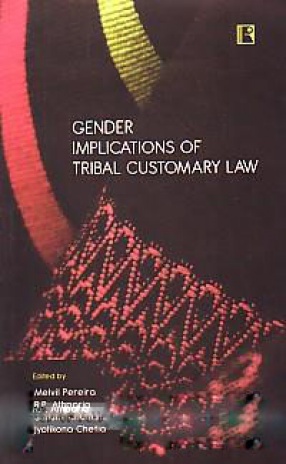
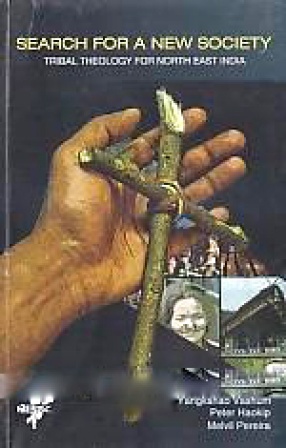
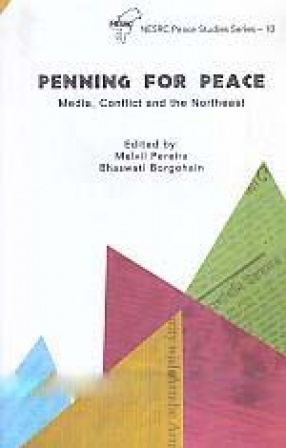
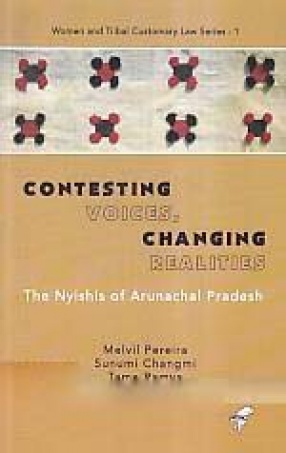
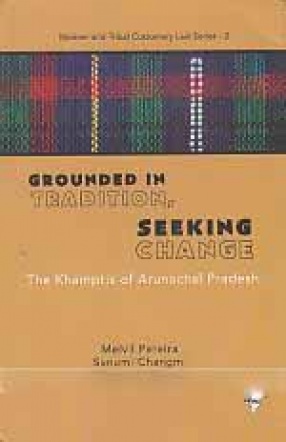

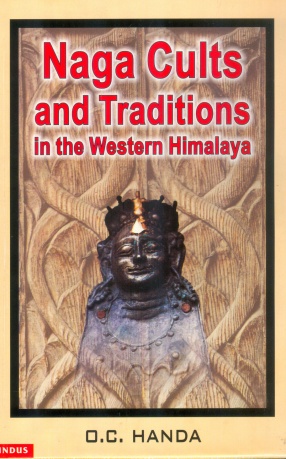
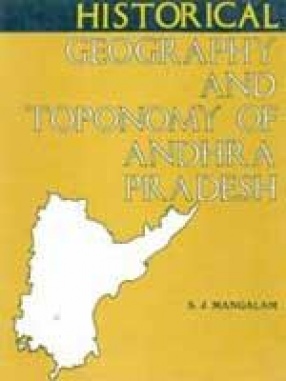
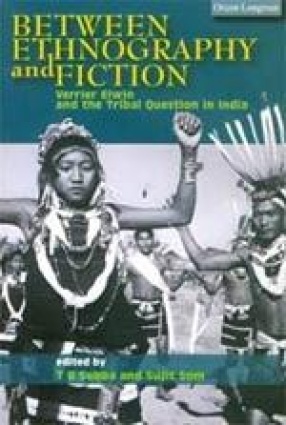

Bibliographic information